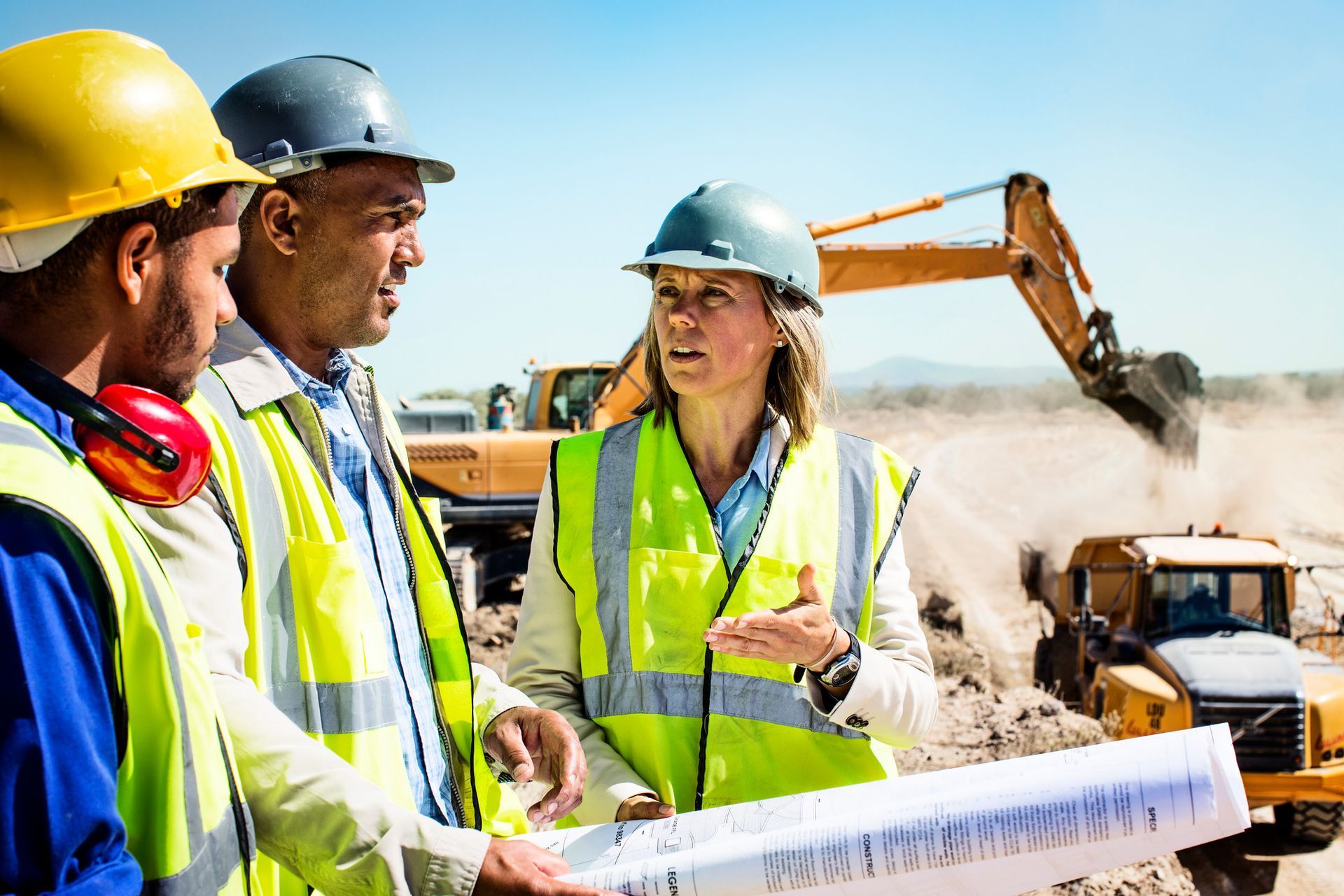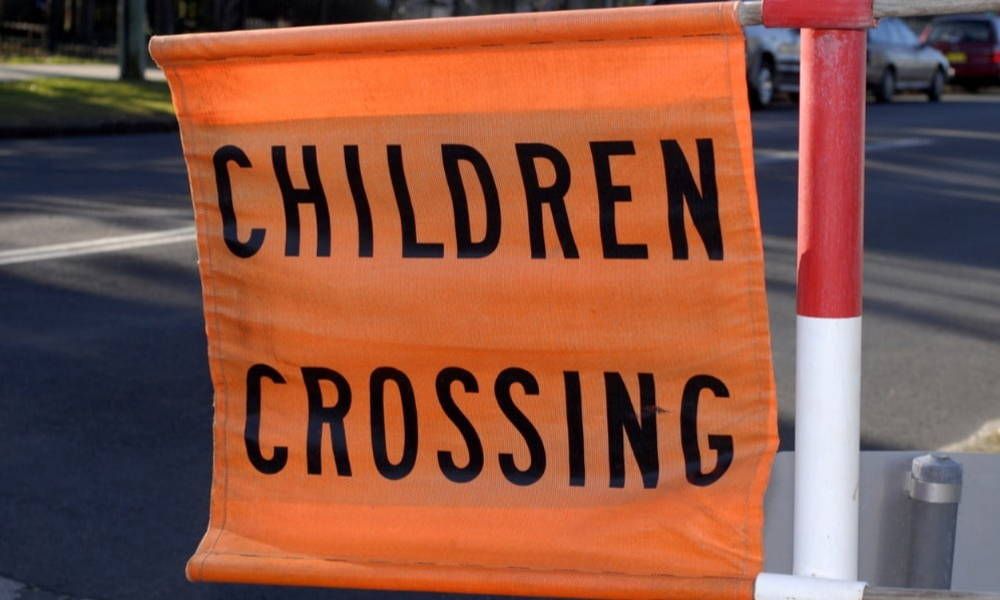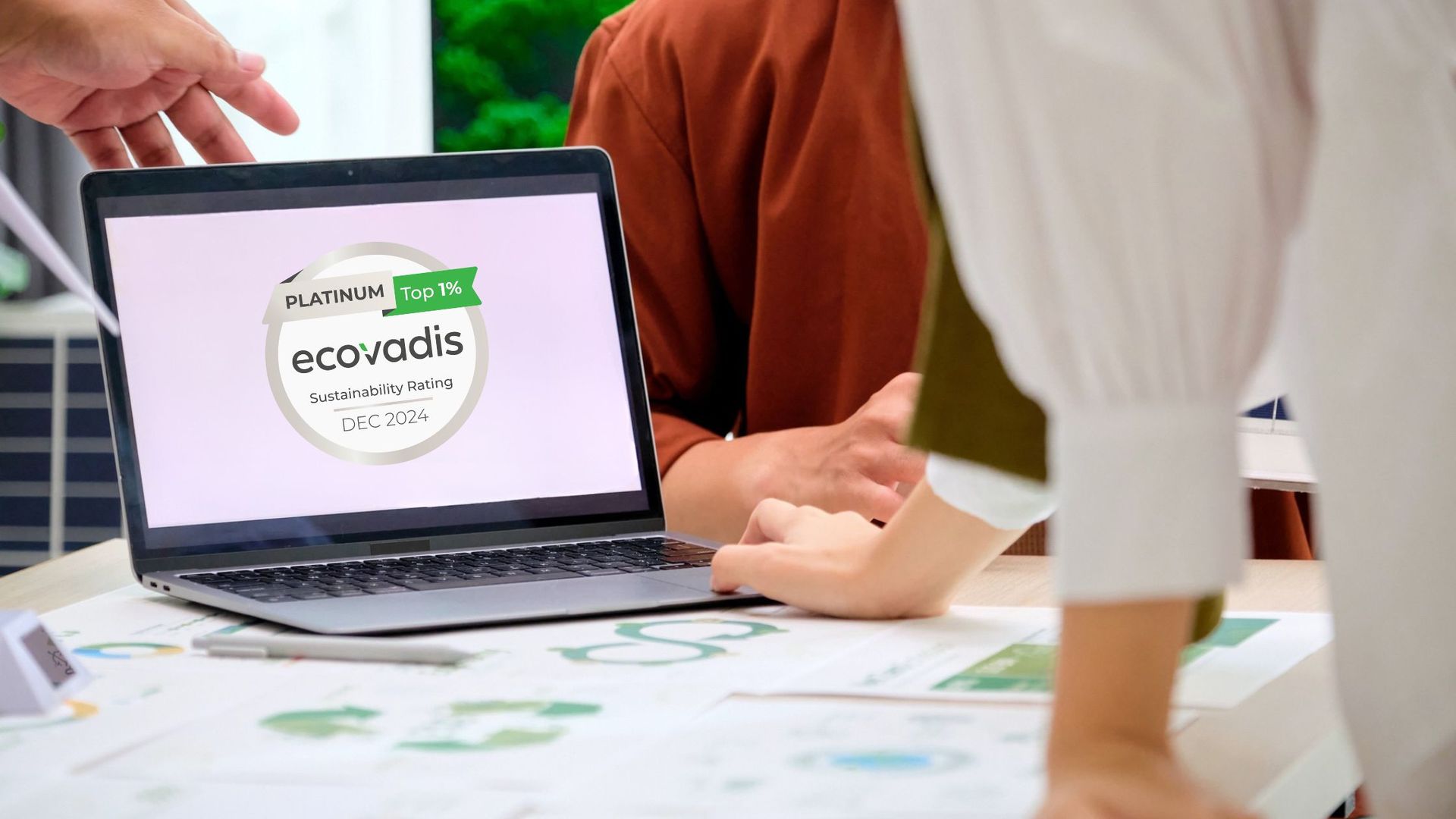An Acknowledgment of Country is an opportunity to show respect to Aboriginal and Torres Strait Islander peoples as the Traditional Owners and Custodians of the land, and to recognise their ongoing connection to Country.
Who can do an Acknowledgement of Country?
An Acknowledgment of Country can be offered by any person, whether they are Aboriginal and Torres Strait Islander or not, and is traditionally given at the beginning of an event, speech, or meeting. It’s also important to note that and Acknowledgment of Country can be given in any language, depending on the audience, including Auslan.
There are also other ways to Acknowledge and pay Respect to Country in our workplaces, schools, shopping centres, and homes, including creating an Acknowledgment of Country sign or plaque, or purchasing one through a First Nations owned business. You can even give an Acknowledgement of Country on your website, as many businesses now do, and on social media.
What to include in an Acknowledgement of Country
While there is no specific wording for an Acknowledgment of Country, it’s important to be sincere in your respect, and to do some research on the Country you are acknowledging as well as the Traditional Owner group.
Some examples include
“I’d like to begin by acknowledging the Traditional Owners of the land on which we meet today. I would also like to pay my respects to Elders past, present and emerging.”
“I’d like to begin by acknowledging the Traditional Owners of the land on which we meet today, the (people) of the (nation) and pay my respects to Elders past, present and emerging.”
You can find more information on the Traditional Owners through the AITSIS map of Indigenous Australia which attempts to represent the language, social or nation groups of Aboriginal and Torres Strait Islander peoples.
Why is Acknowledgment of Country important?
Aboriginal and Torres Strait Islander peoples have a long history of exclusion and mistreatment in Australia’s history, in the stories that are included in the education system, flag, national anthem, and even through the democratic process for many years.
This dispossession and oppression of the oldest continuous culture on earth lies at the heart of the disparity between Aboriginal and Torres Strait Islander peoples, and other Australians.
An Acknowledgement of Country is a step towards Reconciliation, by acknowledging Aboriginal and Torres Strait Islander peoples as the Traditional Owners of Country and putting an end to the exclusions of First Nations people and culture.
Being an ally
Being an ally means supporting the self-determination of Aboriginal and Torres Strait Islander peoples in a way that is meaningful and respectful to them.
Here are additional ways you can support Aboriginal and Torres Strait Islander peoples through allyship
- If you witness racism, speak up
- Don’t expect Aboriginal and Torres Strait Islander peoples to educate you
- Support Aboriginal and Torres Strait Islander leaders
- Continue being an ally, especially when the times are tough
- Appreciate the diversity between Aboriginal and Torres Strait Islander peoples
- Promote Aboriginal and Torres Strait Islander voices
- Be prepared to not be a part of the conversation or the decision making- it's not about you!
How is Chandler Macleod supporting Reconciliation ?
Our Reconciliation Action Plan sets a path for our company to actively contribute to the cause of Reconciliation. The development and endorsement of our plan involved firm commitment from our leaders and valuable input from all levels and departments within our organisation. Our objective is to increase opportunities, foster connections, and strive for a future that is characterised by equality and integrity.
As a leader in employment services, we know the benefits having a diverse workforce offers. By cultivating our Aboriginal and Torres Strait Islander workforce we can benefit from new perspectives, we increase our connections with our community, and we become change-makers contributing to our nation's evolving identity.
Talk to our team about cultivating an inclusive workplace for Aboriginal and Torres Strait Islander employees or partnering in our Solid Start career pathways.














